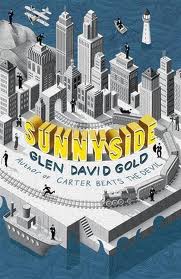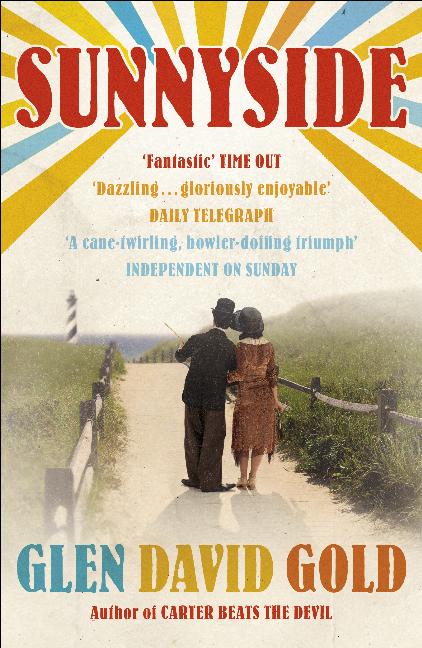Part One: Reasons why this response took eight months to write
1. Cat was in lap; couldn’t reach keyboard.
2. “Just Dial My Number” by Jeremy Jay incessantly running through head.
3. Is that the smell of cookies? I love cookies.
4. Procrastination: attempts to facebook-friend people who are better-know or better-looking than I am. Finally, just plain better than I am. Rebuffed, depressed.
5. Unable to decide how large a box of chocolates to send Maria Farrell.
6. Eating many sample boxes of chocolates; concluding none was good enough to have sent; stomach ache, nausea, self-loathing.
7. Suspecting my response might entail me actually reading Sunnyside.
8. Peep Show, Seasons I-VI, which was such a bargain on amazon.co.uk, only playable on Region 2.  Depression.
9. Figuring out hulu; watching of Peep Show through Season VII. Intense identification of self with all male characters (including Superhans). Stomach ache, nausea, self-loathing.
12. The internet turns out to have pornography on it. How long has this been going on?
13. Stalemated in determining whether receding hairline should or should not be accompanied by extended sideburns.
14. Building up courage. Brainstorm: sidestep article entirely by writing it in Italian!
15. Attempt to learn Italian confounded by there being so many different words for things. In Italian, “dog,” for instance, is an entirely different word than “dog.” Abject weeping. Io sonno cane.
16. Finding comfortable chair.
17. Fussing with 150-watt bulb.
17. Arguing with pillow.
18. Dabbing finger, attempt to wipe remainder mark from bottom of Sunnyside.
19. Reading Sunnyside. Oh, Jesus. WTF?



